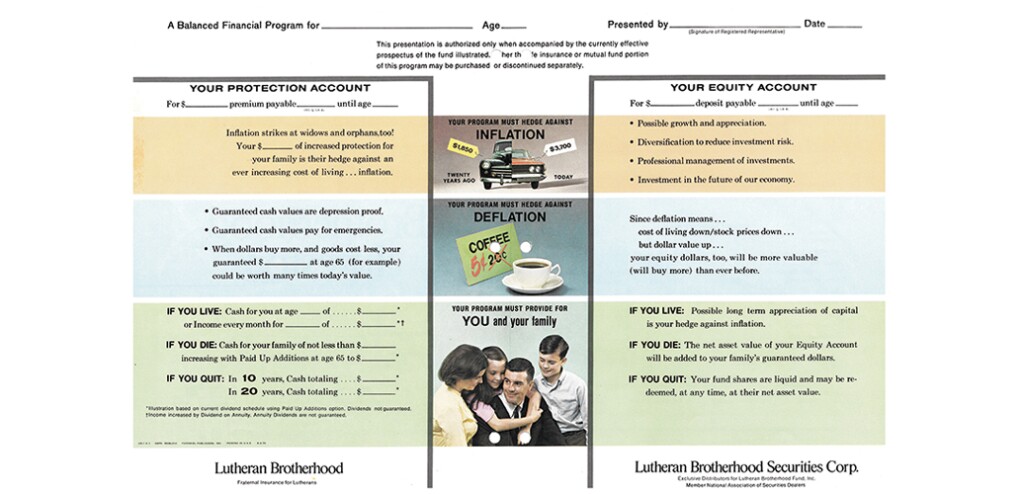Today, potential paths for investors range widely—traditional investments like mutual funds sit arm in arm with alternative investments such as non-fungible tokens (NFTs) and cryptocurrency. However, investments boil down to four main types: real estate, stocks, bonds and mutual funds.
Bonds are the most conservative option, with a guaranteed return if held to maturity. However, the returns are typically lower than with mutual funds, stocks, and real estate, which carry a more inherent risk. Some options also have a higher barrier to entry, like real estate, while investors can purchase stocks for just a few dollars.
Each of these investment options comes with a unique set of pros and cons that may influence your investing strategy.
What are the 4 types of investments?
1. Real estate
The most common way to become a
Right now, the real estate market is hot, which can be intimidating to homebuyers. It's still a seller's market, and many properties around the country continue to sell for more than the asking price.
However, real estate investing can take many forms, from buying a rental property to flipping houses to investing in a real estate investment trust. One of the biggest advantages of real estate investing is that it is a physical asset. Additionally, real estate can appreciate in value over time, providing investors with a solid return on their investment.
Real estate investing also can be very hands-on, requiring time and effort to find the right property and manage it effectively. Additionally, real estate investments are subject to market fluctuations. There's always a risk that the value of your investment could go down.
Despite these risks, real estate remains one of the most popular types of investments due to its physical presence and potential for high returns—making it a good option for investors who are looking for a long-term investment and are willing to put in the time and effort.
2. Stocks
When you buy a stock, you're purchasing a share of ownership in a publicly-traded company. Companies offer stocks for purchase through
Stocks are a great way to build long-term wealth, but they can be volatile and subject to market fluctuations, so the value of your investment can go down even if the company is doing well.
Stocks are one of the most popular types of investments. You also might see them referred to as equities; stock market and the equity market are synonymous. If you're willing to ride out the ups and downs, they offer the potential for high returns over the long run. However, if you prioritize stability, consider investing in bonds or other securities.
3. Bonds
When you buy a
Bonds provide stability, but they do have some drawbacks. For example, they typically provide lower returns compared with stocks. Additionally, if interest rates rise, the value of your bond will go down. Nevertheless, bonds can be a great way to diversify your portfolio and reduce your overall risk.
Ultimately, bonds are a more conservative investment suited for investors who are looking for something steady and reliable. You do have to wait for the bond to reach maturity in order to withdraw the full value of it. However, you will collect interest along the way.
4. Mutual funds
Mutual funds typically have higher fees compared with other types of investments. However, you could have lower fees overall when investing in mutual funds compared with what you'd pay as an individual investor. That's because experienced fund managers make educated decisions on portfolio allocation, saving you from spending research time and having to make decisions on how to react to market and economic circumstances.
Mutual funds can be a great way to invest in a variety of different securities without having to do the research yourself. Plus, there are mutual funds for every objective, including stock funds, bond funds and mixed-asset funds. Whatever your level of experience as an investor, you can find a suitable fund that works for both your investing goals and your

Investing for beginners: Basic terms & concepts
What other investments are available?
ETFs
However, ETFs can be very volatile and subject to market fluctuations. Nevertheless, ETFs can be a way to invest in a variety of different securities without having to delve into your own research.
Dividend stocks
A
Index funds
Because they are mostly passively managed and only attempt to replicate the performance of the underlying market index, index funds typically have lower fees than actively managed funds.
Investors tend to choose index funds for their portfolios if they want instant diversification, low fees and portfolio simplification. Because you don't need to pick individual stocks with an index fund, they require less time to research.
In addition, they tend to be more tax efficient and provide better diversification. For these reasons, index funds are often a good choice for long-term investors.
Municipal bonds
Many municipal bonds have call features. This means the issuer can redeem the bond prior to the stated maturity date. Issuers typically recall bonds for a premium when interest rates drop, choosing to reissue them at a lower interest rate. So, while you might lose this higher level of interest income, you're often compensated by receiving a payment higher than the face value.
Keep in mind that investing in bonds for interest income during a falling rate environment can make it more difficult to generate sufficient income. For non-callable municipal bonds, falling rates can push up bond prices; in turn, investors earn a premium for selling them into the market.
Annuities
An
There are
This isn't an exhaustive list of alternative investments—but it begins to show the wide world beyond the main types of investments.
How can you purchase investments?
In order to purchase stocks, bonds and mutual funds, you'll first need to open a brokerage account. This will give you a place to store your money and make trades.
You can open a
Before you begin investing, make sure you understand the risks involved. Many investors aim to develop a diversified portfolio featuring different types of investments. While diversification helps mitigate risk from market fluctuation, it doesn't remove it entirely.
If you have questions about the type of investments that are best for you, consult with a
Want to get started on your own?







